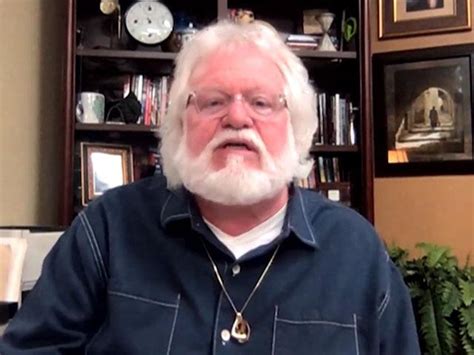A Quote by Amish Tripathi
As a writer, its important to stay true to your story without giving a hoot about publishers, critics and readers. You should do your karma as an author the way you want to, and rest is up to God.
Related Quotes
Giving up is not the answer. Neither is giving in. Stand your ground. There is a way of doing that without having to be combative. There is a way of hanging on to your true self, and demonstrating it, without resorting to aggression. But giving up and giving in is not the way. Simply and quietly claiming your right to be You is the way.
Being happy is not all about love! Love is not everything. Work, friends, and achieving things... your finite thing in life can't be getting married and having children. Like, creating a life for myself that's my own, and my own road? That was always the most important thing for me. Right now, I have a kid and stuff, and it's fantastic to be a mother, but it's not the final thing. You want to stay an individual. You need to stay an individual for your kid, as an example of what a human being should be! You want to stay true to yourself and not become a half a person. That is so, so important.
The ear is the only true writer and the only true reader. I know people who read without hearing the sentence sounds and they were the fastest readers. Eye readers we call them. They get the meaning by glances. But they are bad readers because they miss the best part of what a good writer puts into his work.
Karma is not something pessimistic. If you think of karma as something wrong, you are seeing karma only according to what happened in the past. You look at the past and karma becomes a monster. So you should also look at karma in the present and future. Then karma becomes something very wide and really alive. Through karma you can understand what your destiny is. Destiny itself has no solid form; it's something you can create. You can create your life. That is why we study karma.
This will be a week that I change your sheets! Don't try to rest the same way you've rested in the past, for I AM remaking your bed to rest in. Know that I AM causing your house to be reordered and redirecting your steps. And because your bed is being made, stay focused and up with Me, until the breakthrough is seen in your life.
The trouble is, I can't find a part of myself where you're not important. I write in order to be worth your while and to finance the way I want to live with you. Not the way you want to live. The way I want to live with you. Without you I wouldn't care. I'd eat tinned spaghetti and put on yesterday's clothes. But as it is I change my socks, and make money, and tart up Brodie's unspeakable drivel into speakable drivel so he can be an author too, like me.
There is something really horrific for any human being who feels he is being consumed by other people. I'm talking about a writer's critics, who don't address what you've written, but want to probe into your existence and magnify the trivia of your life without any sense of humor, without any sense of context.
I dislike that premise implies that a fiction writer is incapable of dreaming up stories that can bring readers to tears, that if you are lucky enough to be living a pretty sedate life ,as I am, you've got nothing worthy of writing about, that you're incapable of making a reader's gut wrench.Frankly, that's what makes readers nervous, the sorcery of you or me or any good fiction writer making up characters who feel like real people, of telling a story that feels true but isn't.
I write in expectation that readers want to participate in a kind of two-sided game: They are trying to guess what I am up to - what the story's up to - and I'm giving them clues and matter to keep them interested without giving everything away at the start. Even the rules, if any, of the game are for the reader to discover.
My readers have to work with me to create the experience. They have to bring their imaginations to the story. No one sees a book in the same way, no one sees the characters the same way. As a reader you imagine them in your own mind. So, together, as author and reader, we have both created the story.
The only real reason for self-referencing is the fun factor. It's fun for the writer, getting little peeks at what old characters might be up to. And it's fun for readers to spot a familiar face, or pick up on a made-up book title or something from an earlier story. I don't know that it does -- or even should -- contribute to the story in hand being any better than it would have been without it.
Holding this book in your hand, sinking back in your soft armchair, you will say to yourself: perhaps it will amuse me. And after you have read this story of great misfortunes, you will no doubt dine well, blaming the author for your own insensitivity, accusing him of wild exaggeration and flights of fancy. But rest assured: this tragedy is not a fiction. All is true.

































